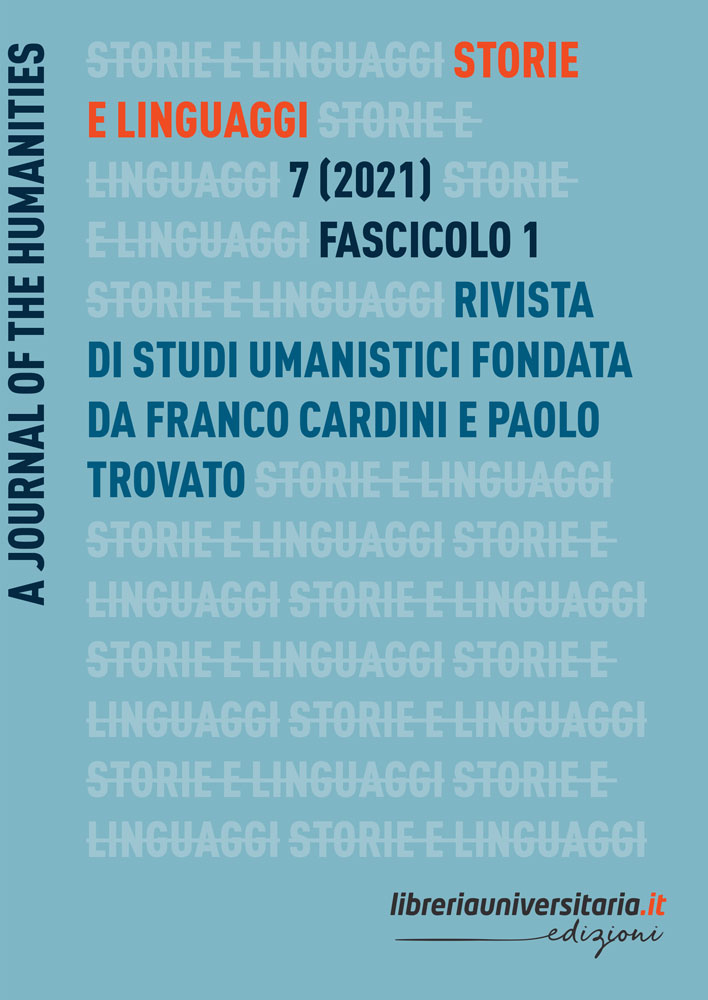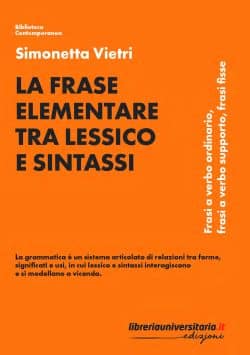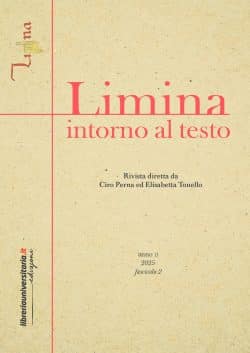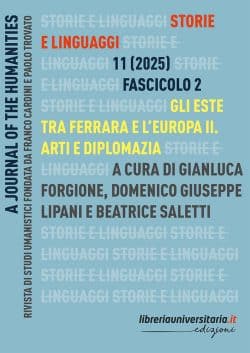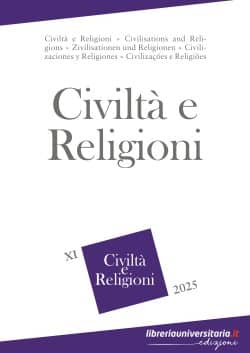Indice
This article examines the points of transition between manuscript and print, and between print and electronic edition, to ask what are the affordances that follow as consequences of a migration of text to a new medium. It begins with a number of observations of texts at the point of change in the late fifteenth and early sixteenth centuries: versions of the legislative material produced by the annual General Chapter of the Carthusian Order and other texts––and proceeds to examine the way that the pleroma of manuscript text is represented in the edition of two English prose texts from the turn of the fifteenth century: Nicholas Love’s Mirror of the Blessed Life of Jesus Christ and Walter Hilton’s Scale of Perfection. Along the way, the examination asks, as a thought experiment, how these texts might be presented in cyberspace. Finally, it concerns itself with Marguerite Porete’s Mirouer des simples âmes anienties, a text surviving in relatively small numbers of manuscripts, but in several versions in different languages. Throughout, the study is concerned with the question: Given that on-screen graphic cyberspace is capable of presenting more than a two-dimensional page, why are electronic editions always simulacra of a flat, printed page?
A particular example of classification in eodem genere gentis: «le genti / del bel paese là dove ’l sì suona (If XXXIII 79-80)
This article offers a new interpretation of the famous passage from If XXXIII 79-80, which is usually extrapolated from the context where it appears and quoted as a proverbial saying concerning Italy. Based on the classification of the vulgaria Ytalie spoken by similar groups of people (DVE I ix 4), this paper argues that the micro-context should be read as a designation of the auctor’s birthplace. Furthermore, this article examines an equally famous passage from RVF (son. 146, 13-14), where Petrarch refers to one of his two beloved places (the formulaic «bel paese» refers to Provence and the Rhone Valley, where Laura was born).
New proposals for Poliziano’s Orfeo.
Through a philological, linguistic and contextual reading of the most controversial parts of the text, and the review of the historical and biographical events most closely linked to its genesis, the article aims to suggest a new textual history of the Orfeo. Another issue of this paper is the reconstruction of Poliziano’s intentio auctoris, that is, composing a satirical piece. No need to say that this implies rejecting the commonplace idea of a disinterest or neglect of Poliziano toward his masterpiece
An encyclopedia entry by Paul Maas: ‘Textual criticism’ (1949)
The author presents a new Italian translation of the article ‘Textual criticism’ written by Paul Maas for the Oxford Classical Dictionary (1949). The text is accompanied by a line by line commentary and a brief overall interpretation.
The textual criticism of Pier Vincenzo Mengaldo (with seven notes on the text of De vulgari eloquentia)
This paper, which was presented at a conference on Pier Vincenzo Mengaldo, analyzes the works of Mengaldo which regard specifically textual criticism and connects them to the peculiar education of the Italianists between the Fifties and the Seventies of last century

